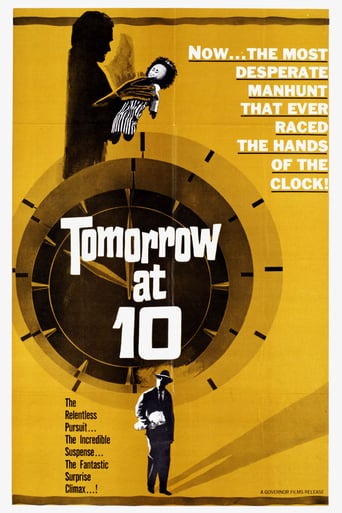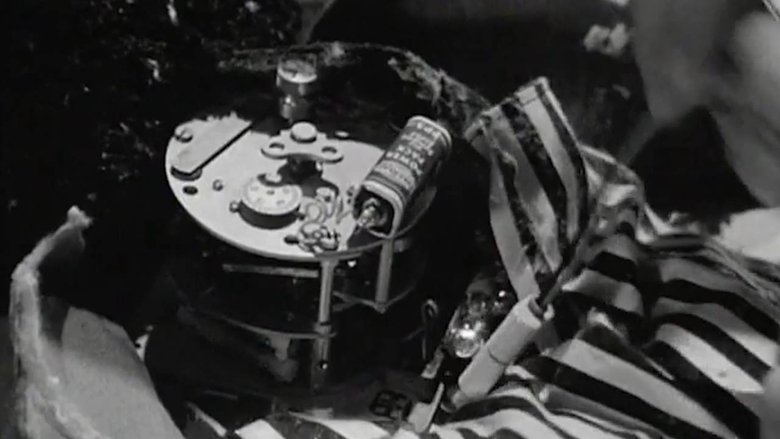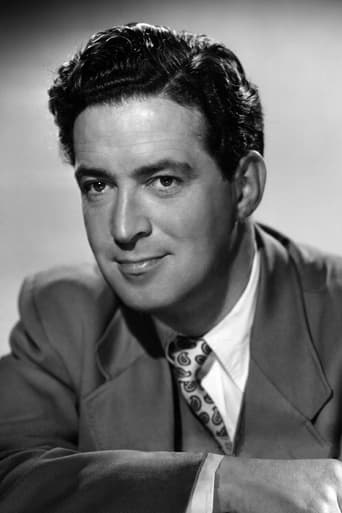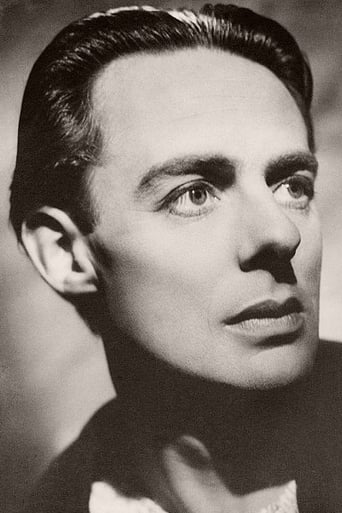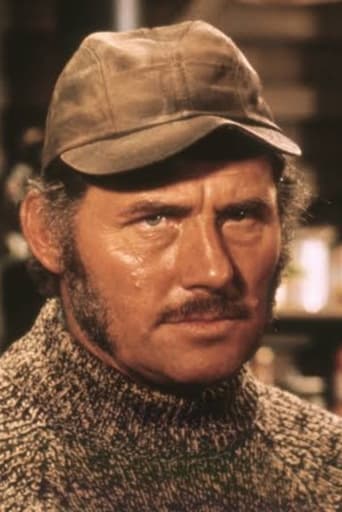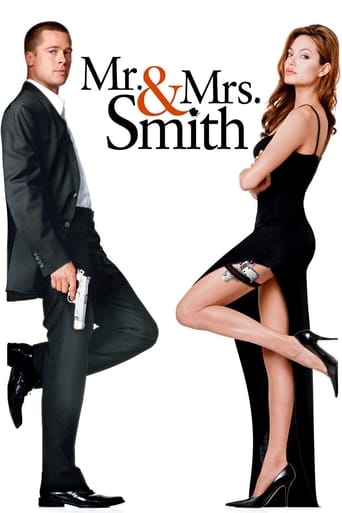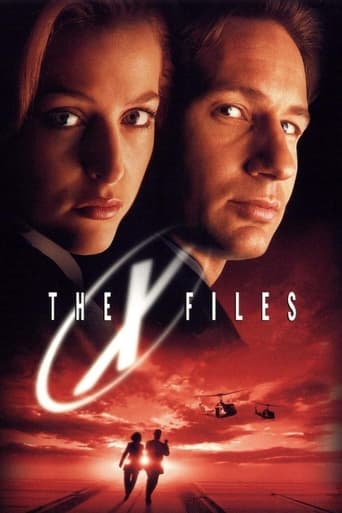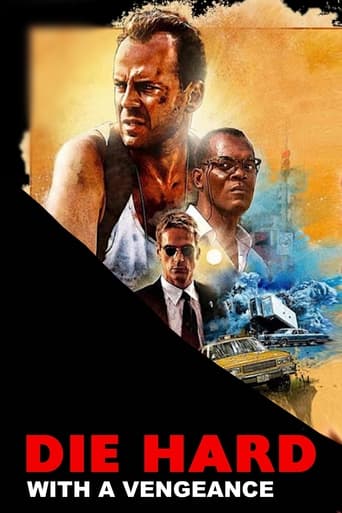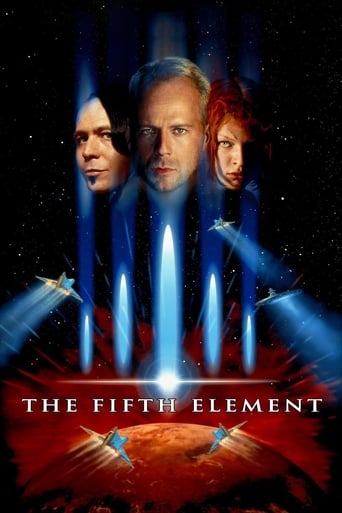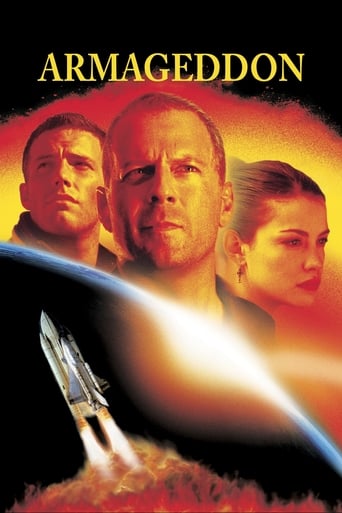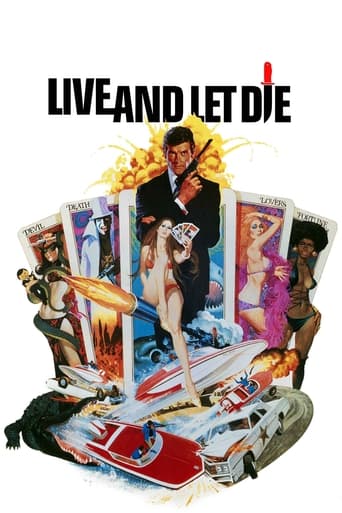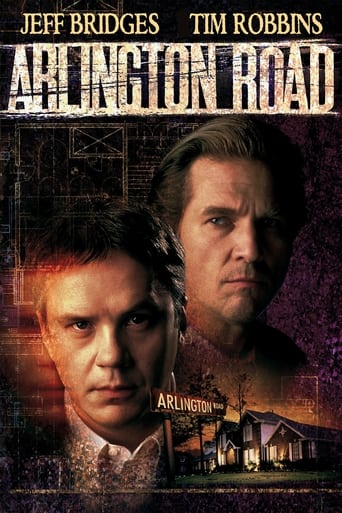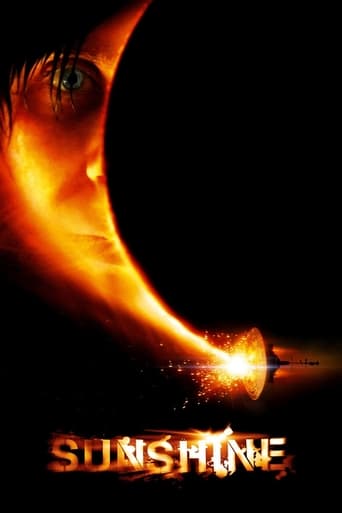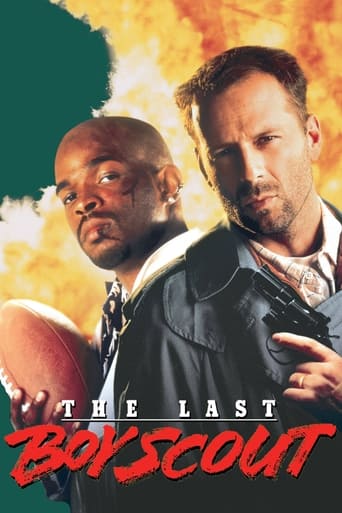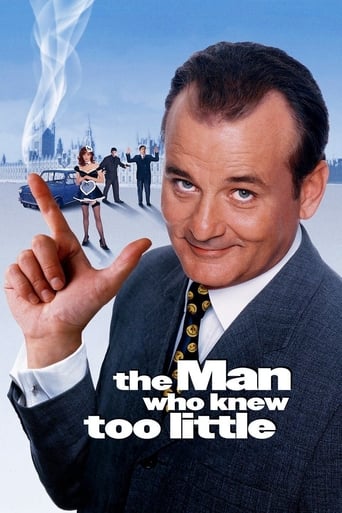Tomorrow at Ten (1962)
A British policeman (John Gregson) tries to find a rich man's (Alec Clunes) son before a kidnapper's (Robert Shaw) time bomb blows.
Watch Trailer
Free Trial Channels
Cast


Similar titles
Reviews
Touches You
This is a small, humorous movie in some ways, but it has a huge heart. What a nice experience.
It is an exhilarating, distressing, funny and profound film, with one of the more memorable film scores in years,
One of the best movies of the year! Incredible from the beginning to the end.
Producer: Tom Blakeley. A Blakeley's Films Production. A Mancunian Film Corporation Production, released in the U.S.A. by Governor Films: May 1964. No New York opening. U.K. release through Planet: 23 June 1963. Never theatrically released in Australia. 7,210 feet. 80 minutes. (Available on an excellent Odeon DVD).SYNOPSIS: A kidnap plot goes terribly awry.NOTES: John Gregson was sitting on top of the world in 1953, thanks to "Genevieve: which catapulted him, Kenneth More and Kay Kendall to international stardom. Oddly none of the trio's sudden movie success lasted much beyond the 1950s. Kay Kendall died in 1959, and film producers forsook both Gregson and More, when it seemed the picture- going public had tired of them. More's last big success was in "The Greengage Summer" (1961). Though he did make a few sporadic big screen appearances throughout the 1960s, and 1970s, he concentrated on the stage and TV. His last film role was as King Arthur in "Unidentified Flying Oddball" (1979).Gregson's 60s career was equally as sparse, although, like More, he did score one big critical success, "Live Now Pay Later" (1962). Unlike More's "Greengage Summer", however, Gregson's critical triumph proved so unpopular with the public, the movie's Australian distributor didn't even bother to release it! Gregson was reduced to accepting the lead in "Tomorrow at Ten". Good film, good director, but quite a comedown from the dizzy heights of "Genevieve". Gregson's Australian fans were denied the pleasure of seeing their idol in "Tomorrow at Ten" too, until it turned up on TV. There were to be no more top starring roles for Gregson on the big screen. A couple of cameo parts in "The Longest Day" (1962) and "The Night of the Generals" (1966) and a minor role as a doctor in "Fright" (1971) completed his cinema career.Interestingly, all three of the "Genevieve" trio commenced their progress towards stardom well before that fantastic success. More started acting in movies way back in 1935, when he debuted in "Look Up and Laugh", and appeared in eighteen more films before "Genevieve". Gregson made his debut in "Saraband for Dead Lovers" in 1948, and landed eleven more roles before his vintage car brought him fame and fortune. And Kay Kendall, would you believe, made her initial screen appearance in 1944 in "Fiddlers Three". Fourteen films followed until she suddenly became the "discovery sensation" of 1953.COMMENT: Atmospherically directed low-budget effort, with a cast and production values way beyond most of its quota quickie competitors. The screenplay is literate and concise, sometimes even rather witty, whilst the characters are interestingly defined and the plot riddled with suspenseful elements which the director puts across with maximum impact. Basil Emmott's effective camera-work also rates as a major factor in the film's success.OTHER VIEWS: John Gregson. Born at Liverpool in 1919. Married to Thea Gregory. Entered films in 1948. Pictures include Scott of the Antarctic, Saraband for Dead Lovers, Whiskey Galore, Train of Events, Treasure Island, Lavender Hill Mob, etc. 1951: Angels One Five. 1952: The Holly and the Ivy, The Brave Don't Cry, etc. Since 1953 he has appeared in The Venetian Bird, The Titfield Thunderbolt, Genevieve, To Dorothy a Son, Above Us the Waves, Value for Money, Battle of the River Plate, Jacqueline. 1956-57: True as a Turtle. 1959-60: The Captain's Table, Sea of Sand, S.O.S. Pacific, Faces in the Dark. 1960-61: Hand in Hand, Treasure of Monte Cristo, Frightened City. - Studio publicity.
Just an errata and clarification for some of the above:This little gem of a film is now under the ownership of Renown Films and is shown periodically on Talking Pictures TV (TPTV). The film was produced in 1962 as is confirmed by the titles (MCMLXII). It was released in 1963,but not well received, despite the presence of John Gregson who was a well known TV and film actor who often played the role of a police detective. However it was re-released in 1965, after Robert Shaw had appeared as the assassin Donald Grant in the second James Bond film From Russia with Love (1963). William Hartnel, who would subsequently play the first Dr. Who (1963 - 1966) also appears in a cameo as Freddie Maddox (frequently misspelled as Freddy), the father of George Marlowe (Maddox) and, with his wife Masie (Dorothy) Maddox are proprietors of The Golliwog Club.Marlowe is not whistling the theme to Z-cars as he constructs the 'golliwog bomb', but rather is whistling the old English nursery rhyme 'Pop Goes The Weasel' and even sings a couple of lines. He is whistling an unintelligible song as he enters Abots Mead and walks up the stairs - as he approaches the second floor landing whistling can be heard in the background but it is evident from the shot that he is not whistling. The last segment as walks across the landing to the nursery does,however, resemble the theme tune of Z-cars.The house from which Jonathan Chester is taken by the kidnapper is cited as being 14 Winnington Road, Hampstead, London N2. Whilst it is built in the neo-Georgian style of many of the larger houses towards the Highgate end of Winnington Road, it is certainly not the house which now stands there. It was in keeping with the area which wealthy financiers such as Anthony Chester (Alec Clunes) lived in the 50s and 60s.The house at which Jonathan Chester (Piers Bishop) was kept hostage is portrayed as 'Abbots Mead' in Wimbledon, described by the estate agent, Mr. Tamplin (Frank Hawkins) as a detached house on three floors. Whilst the Wolseley police car is certainly seen driving at speed down the A3 expressway (now the Kingston Bypass) the actual location has not been verified.
In the glorious days of the 'support' features that accompanied the main film at the local cinema,a minor gem would occasionally appear throughout the morass of routine,mediocre dramas and thrillers."Tomorrow at Ten" is one of those diamonds that came out of the rough, overcoming it's low budget and modest production values with taut direction by Lance Comfort,a decent script,an interesting,well detailed plot and a fine cast.The cool and ruthless Marlow (Robert Shaw) kidnaps the young son of a well to do widower (Alec Clunes) and leaves the boy at an isolated house with a golliwog that happens to have a time bomb inserted,and is programmed to blow up at 10am the following morning.It is left to a Police Detective (John Gregson) to see if he can break Marlow and find the boy in time.The budget and production values are inevitably modest, and the addition of a golliwog into the storyline is decidedly non-PC in this day and age,but this is easily overcome by stylish handling and plotting,with a script that quite successfully reaches unexpected depths of exposition and character,with clashes between those coppers on the ground like Gregson and those like Alan Wheatley who are seemingly more interested in social climbing.Gregson's overall performance as the by-the-book Detective is actually quite muted,and the best performance comes from Robert Shaw as the villainous kidnapper Marlowe.The film was originally made in 1962,just a year before Shaw's star making turn as Donald 'Red' Grant in the James Bond film "From Russia With Love",where he played an even more ruthless villain.Shaw was never a conventional actor,whether playing the support or lead,and he manages to add shadings and nuances to a highly disreputable character here,even making him pitiable.There's solid support from such reliable actors as Wheatley,Clunes,Kenneth Cope and Ernest Clark,with decent cameos from William Hartnell and Renee Houston as Shaw's parents,set in a gloriously seedy and anachronistic nightclub,exactly the sort you would expect to see in British second features from this era."Tomorrow at Ten" now has something of a cultish reputation thanks to it's quirky,inventive style and a story that grips to the very end;such staples of the local cinema programme have sadly long since gone, but as this film proves,every now and then,they could provide as much if not more entertainment than the main feature.
A kidnapper called Marlow (Robert Shaw) abducts a little boy, Jonathan (Piers Bishop), the son of wealthy city businessman called Anthony Chester (Alec Clunes). Marlow locks Jonathan in the bedroom of an empty house and gives him a soft toy, which has a time bomb sewn inside of it set to go off at ten o' clock the following morning. Marlow drives to Chester's house and calmly makes his demands. He wants fifty-thousand-pounds and he tells the distraught father that on payment he will catch a plane to Rio and that when he arrives he will telephone him and let him know where his son is being held giving the police plenty of time to deactivate the bomb. However, a struggle ensues between Chester and Marlow causing the latter to fall and crack his head, which sends him into a coma. When he later dies in hospital, Inspector Parnell (John Gregson) and Sergeant Grey (Kenneth Cope) must race against time to find the boy in time before the bomb goes off tomorrow at ten! Tense b-pic tautly directed by Lance Comfort who was a true veteran of this area of the British film industry. It moves at a cracking pace and the situations in James Kelley and Peter Millar's screenplay allow a lot in the way of suspense, which Comfort exploits admirably racking it up to high levels at times. Unlike many of the mediocre b-pics that came out at the time, Tomorrow At Ten seeks to be a little more individual by placing some emphasis on character. But due to the limitations of its short running time much of it is not worked out beyond the very superficial i.e. Gregson's detective inspector who attempts to break Marlow and make him give up the whereabouts of the boy by probing the guy's character in Chester's front room. Sensing that Marlow resents Chester's wealthy lifestyle he exploits this and pleads with him, "It's not the boy's fault let him go." But there are good moments such as Parnell's clash with his superior officer, Assistant Chief Commissioner Bewley (Alan Wheatley), a man who has got to where he is by who he knows and cultivating the right friends. The distraught Chester simply wants to pay the kidnapper off and let him go and as he is friendly with Bewley, he is able to influence things so that he can have Parnell removed from the case. By chance Parnell manages to avoid this but it is he and his sergeant who do all the leg work twenty-four-seven whilst Bewley is never available when they try to contact him with their regular reports on how the case is progressing, which is what he asked for! It transpires that he was out for an evening with his influential friends but at the case's conclusion he naturally appears on the scene to talk to the press and take all the glory. Another joy of watching the film is the better than usual cast on offer here. Gregson is on good form as the police inspector and he gets good support from Kenneth Cope as his sergeant and Alec Clunes (father of Martin Clunes) is noteworthy as the father as is Alan Wheatley, a versatile character actor, as Assistant Commissioner Bewley. But we must not forget to mention Robert Shaw as Marlow who within a year of appearing in this would be well on the way to international stardom with his portrayal of psychotic Bond villain Donovan Grant in From Russia With Love.Overall, Tomorrow At Ten, is a b-pic that is above the standard people normally associate these kind of films although it is not without its weaknesses such as the characterisations that are not worked out beyond the superficial form. But good performances from the excellent cast, taut direction from Lance Comfort that keeps the suspense coming ensures that the viewer gets good entertainment value from it.

